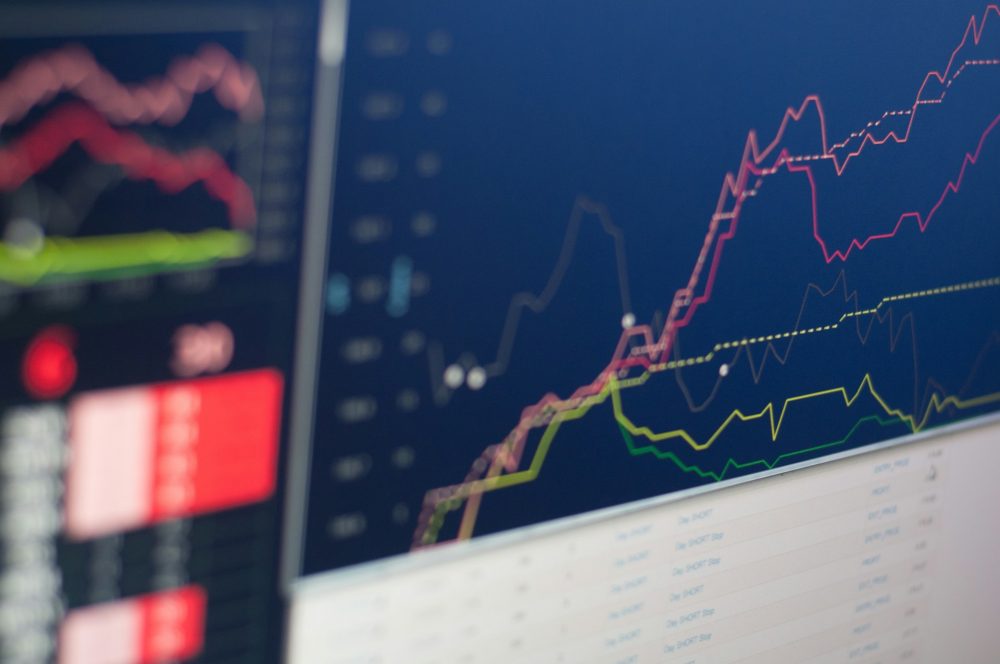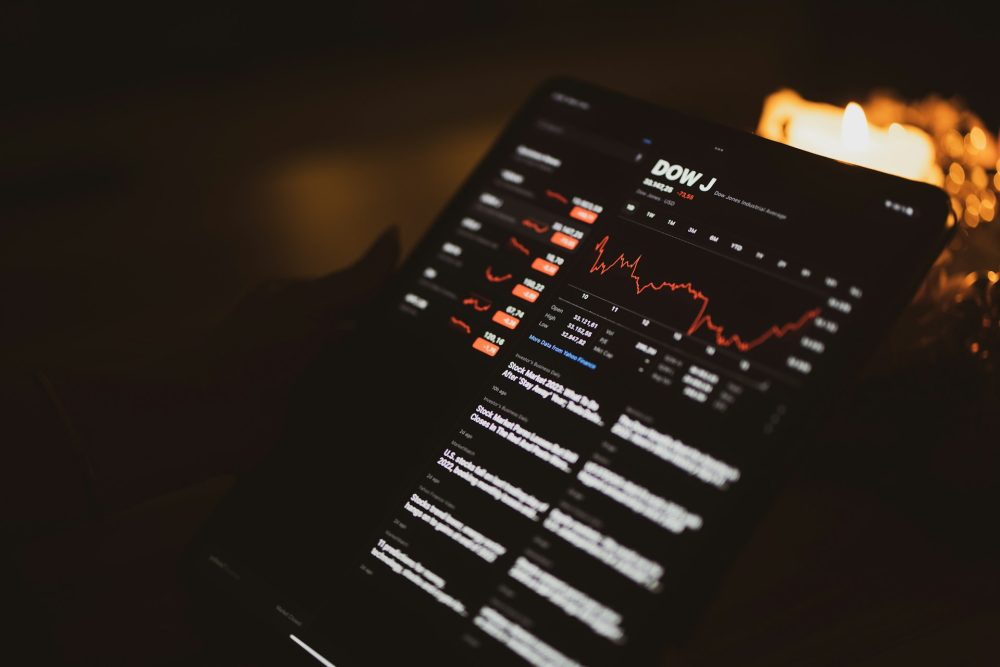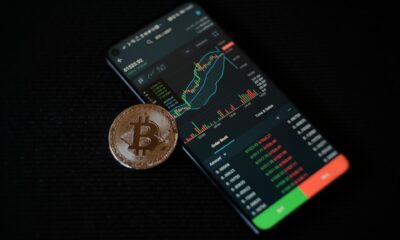Crypto
Chainlink and SWIFT to Bridge the Crypto Industry and the Banking Sector
Currently, SWIFT and Chainlink are working to connect CCIP to SWIFT’s structures. According to SWIFT’s head of strategy, one reason for this, is that more and more banks are building crypto divisions, including using SWIFT for international services. The model of SWIFT and Chainlink would predictably lead to a mass of daily transactions where at least a part of the fees must be paid in LINK.

International payments system SWIFT and Chainlink (LINK) are launching a collaboration to test how blockchain solutions and crypto assets can be integrated into the traditional banking system.
Chainlink (LINK) hired ex-Google CEO Eric Schmidt as an advisor nearly a year ago with the goal of deepening doors with companies and organizations outside the crypto industry. Now the decision seems to be bearing its first fruits, as Chainlink has gained a very special cooperation partner in the international payment system SWIFT. At this year’s SmartCon conference in New York, the collaboration was made public and its potential becomes apparent upon closer inspection.
Read more about the partnership between Chainlink and SWIFT and find other important business news from around the world with our companion app Born2Invest.
SWIFT is the system that banks around the world use to process international transactions
The organization came into the spotlight this year when, in response to the Russian war of aggression, it was decided to exclude Russia from SWIFT, making it much more difficult for domestic banks and businesses there to make cross-border payments. In the crypto industry, SWIFT is also known from the perspective of Ripple, where competition to SWIFT is being built with XRP as a bridge currency. So, with its 50-year history, what moves SWIFT to choose Chainlink as a cooperation partner?
“We connect 11,000 banks, (Chainlink) connects 15 blockchains,” SWIFT’s head of strategy, Jonathan Ehrenfeld Solé, said at the conference. This, he said, gives access to two secure, stable, and powerful infrastructures. The goal, he said, is to make it possible to buy cryptocurrencies, for example, just as easily anywhere in the world as to transfer them to any other country. Chainlink is initially bringing in its CCIP protocol, which is used to enable cryptocurrency transactions across different ecosystems as well. Currently, SWIFT and Chainlink are working to connect CCIP to SWIFT’s structures. One reason for this, according to Solé, is that more and more banks are building crypto divisions, including using SWIFT for international services.
Observers note that it would take large investments and probably years for individual banks to develop their own payment channels for Bitcoin and co. In this respect, SWIFT as an established standard is ideally suited to relieve the banks of work here. Chainlink, in turn, is the number one Oracle service in the crypto industry and can also feed real-time prices for cryptocurrencies into the system, for example. In the medium term, it is conceivable that SWIFT could even process fiat currency transfers automatically via blockchain instead of organizing them manually between banks, as has been the case to date.
Conclusion: Chainlink builds bridges to the traditional financial system
Chainlink has been proving for some time that it has no fear of contact with large-scale industries and other traditional sectors. For example, Deutsche Telekom has already been successfully participating in Chainlink as a technical service provider since 2020, and the U.S. news agency AP is one of the Chainlink’s customers.
The cooperation with SWIFT is also potentially interesting for investors because when services from Chainlink are used, LINK is the currency in which payment is made. The model of SWIFT and Chainlink would predictably lead to a mass of daily transactions where at least a part of the fees has to be paid in LINK, thus strengthening the price of the altcoin.
__
(Featured image by Shubham Dhage via Unsplash)
DISCLAIMER: This article was written by a third party contributor and does not reflect the opinion of Born2Invest, its management, staff or its associates. Please review our disclaimer for more information.
This article may include forward-looking statements. These forward-looking statements generally are identified by the words “believe,” “project,” “estimate,” “become,” “plan,” “will,” and similar expressions. These forward-looking statements involve known and unknown risks as well as uncertainties, including those discussed in the following cautionary statements and elsewhere in this article and on this site. Although the Company may believe that its expectations are based on reasonable assumptions, the actual results that the Company may achieve may differ materially from any forward-looking statements, which reflect the opinions of the management of the Company only as of the date hereof. Additionally, please make sure to read these important disclosures.
First published in BLOCK_BUILDERS.DE a third-party contributor translated and adapted the article from the original. In case of discrepancy, the original will prevail.
Although we made reasonable efforts to provide accurate translations, some parts may be incorrect. Born2Invest assumes no responsibility for errors, omissions or ambiguities in the translations provided on this website. Any person or entity relying on translated content does so at their own risk. Born2Invest is not responsible for losses caused by such reliance on the accuracy or reliability of translated information. If you wish to report an error or inaccuracy in the translation, we encourage you to contact us.

-

 Markets2 weeks ago
Markets2 weeks agoThe Big Beautiful Bill: Market Highs Mask Debt and Divergence
-

 Africa2 days ago
Africa2 days agoORA Technologies Secures $7.5M from Local Investors, Boosting Morocco’s Tech Independence
-

 Markets1 week ago
Markets1 week agoA Chaotic, But Good Stock Market Halfway Through 2025
-

 Business4 days ago
Business4 days agoThe Dow Jones Teeters Near All-Time High as Market Risks Mount

























